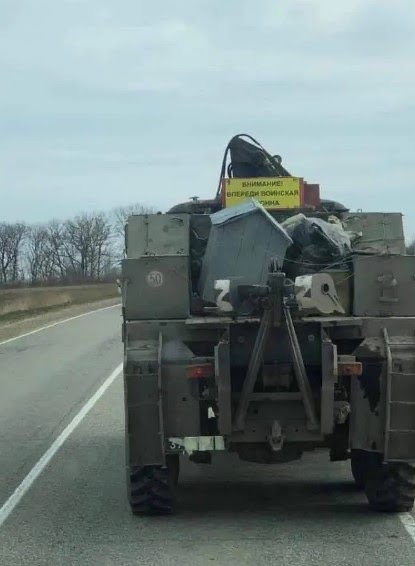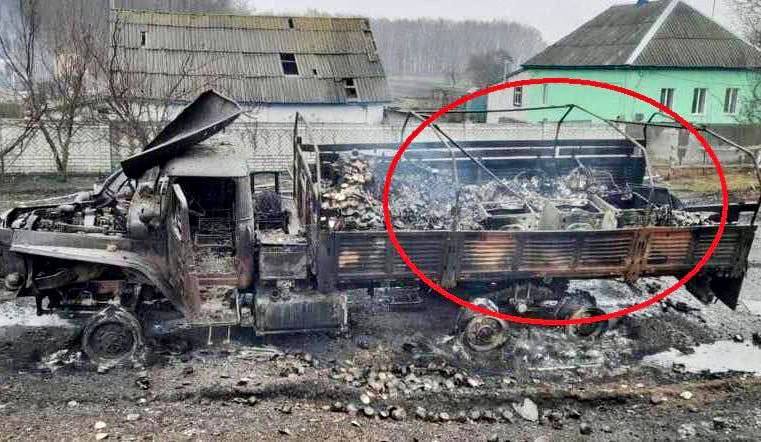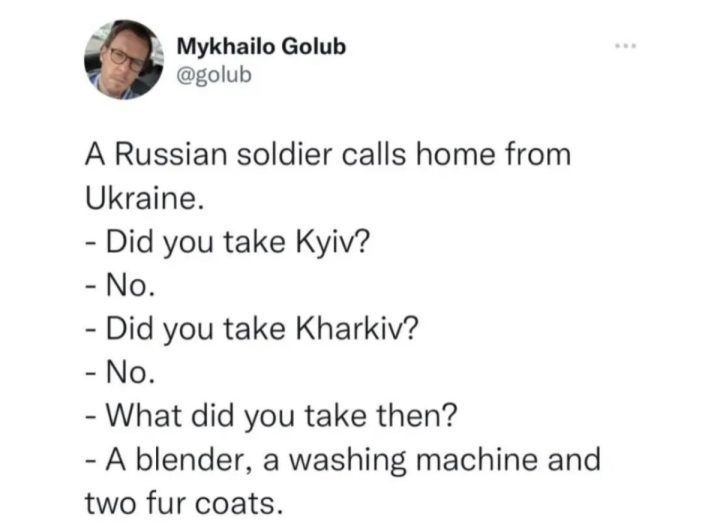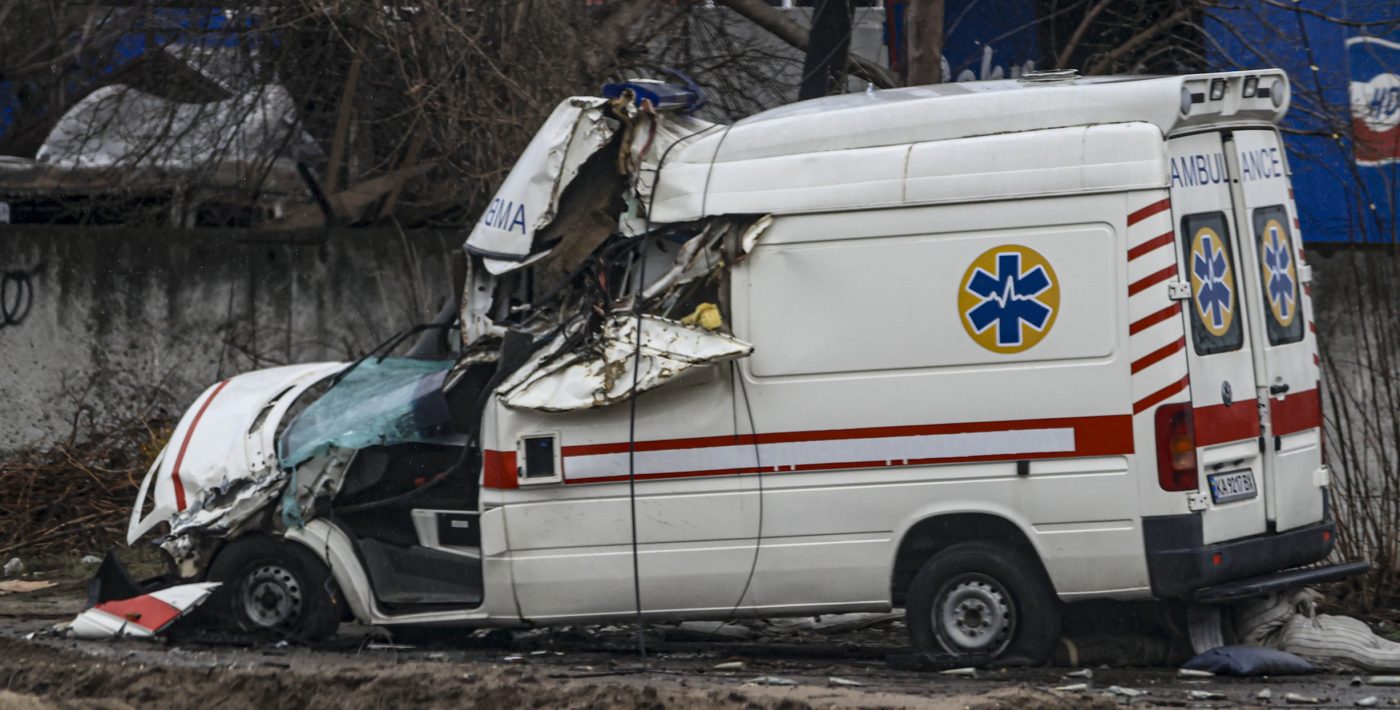I am writing this article on the 47th day of the full-scale war in my country. For 47 days, Russian occupying forces have been trying to destroy everything I hold dear to my heart. Our independence, culture, language, history, people, houses, families… The list can go on for a few hours.
This article will be a tough read, and I want to give a disclaimer right away as the news I will be discussing is traumatizing and disturbing, to say the least. Nevertheless, it is important to talk about the war crimes that the Russian occupying forces are committing in Ukraine, as this is the first step in holding them accountable and making sure that everyone connected to them will face an international tribunal. Another disclaimer: while I know many stories from my friends who faced them, I will only talk about the ones that have been documented by independent international organizations to avoid misinformation.
At the beginning of April, the Russian occupying forces left the Kyiv, Chernihiv and Sumy regions (north of Ukraine). The short period of happiness and hope quickly vanished and was replaced by complete shock, disgust and heartbreak. What they left behind in those regions is inexplicable, distressing and tragic. On my 25th birthday at the beginning of April (the worst one I had so far) I had to learn that wars have rules and those breaking them are committing war crimes.
“All parties in an armed conflict must abide by international humanitarian law, or the laws of war, including the Geneva Conventions of 1949, the First Additional Protocol to the Geneva Conventions, and customary international law. The armed forces that have effective control of an area are subject to the international law of occupation. International human rights law, which is applicable at all times, also applies. The laws of war prohibit willful killing, rape and other sexual violence, torture, and inhumane treatment of captured combatants and civilians in custody. Pillage and looting are also prohibited. Anyone who orders or deliberately commits such acts, or aids and abets them, is responsible for war crimes. Commanders of forces who knew or had reason to know about such crimes but did not attempt to stop them or punish those responsible are criminally liable for war crimes as a matter of command responsibility.” – says Human Rights Watch and the whole civilized world.
Now let’s see what the Russian occupying forces have to say regarding these laws.
The testimonies that suggest the violation of the law that prohibits “willful killing, rape and other sexual violence, torture, and inhumane treatment of captured civilians” I am not going to include in this article, but I strongly recommend you to read them at:
- Human Rights Watch
- Amnesty International
- Or in the international newspapers, by googling “Bucha Massacre”.
After the first images from the liberated regions were released, many world leaders called out for an investigation of the alleged war crimes. The International Criminal Court has launched an investigation, and its chief prosecutor said that “there was a reasonable basis to believe war crimes have been committed during the conflict.”
Right now the experts from many countries are gathering evidence on possible war crimes, crimes against humanity and genocide.
However, it is important to note that the amount of stories we see now is only going to grow. To put it into perspective: Bucha, Irpin and other nearby villages were occupied from the 27th Feb until the 31st of March. As of now, the experts are still discovering mass graves in the areas, identifying the bodies and starting the investigation into the causes of death. As of April 3rd, there were 410 bodies found near Kyiv and the remaining witnesses are so traumatized that they are unable to speak. While the majority of witnesses have been executed by the Russian occupants. However, the Kyiv region is not the only one that was occupied. There are many cities and villages which faced the “glory” of the Russian soldiers and the fate of which we still don’t know. One example is Mariupol. The city in southeastern Ukraine has been under constant attacks since the 24th of February. We don’t know how many people died but witnesses say that the city is now a graveyard covered with bodies. More than 40 000 people have been deported by force to Russia, some of them are in “filtration camps”.
If proved, the illegal deportation could be ruled as yet another war crime. However, as the communication with the city is lost, there is no way to send investigators there. And yet again this is just one more city…
Now let’s come back to the war crimes definition and take a look at looting which is also prohibited and can be ruled a war crime. Leaked CCTV videos show more than a dozen Russian occupants packaging about 2,000kg worth of televisions, clothing, precious metals and other personal belongings that investigators claim were pillaged from Ukrainian homes.



To wrap up, I want to ask all of you to not stay silent, spread the news, and demand an investigation into the alleged war crimes which were committed by the Russian occupants. If you are wondering where you can donate to support Ukraine, read my previous article.
An important disclaimer: this article (and all others that I have written) represent solely my opinion, which does not equal the university’s opinion. These articles aim to spread awareness about the war in Ukraine, provide useful resources for donations and highlight my own opinion from the standpoint of a person whose family is in danger in Ukraine. Please do consider this. I do not encourage the spread of hate or bullying; there is already enough pain that people have to go through.




war crimes have been committed and must be punished. no one is above the law!
Agree, and it is important we don’t stay silent